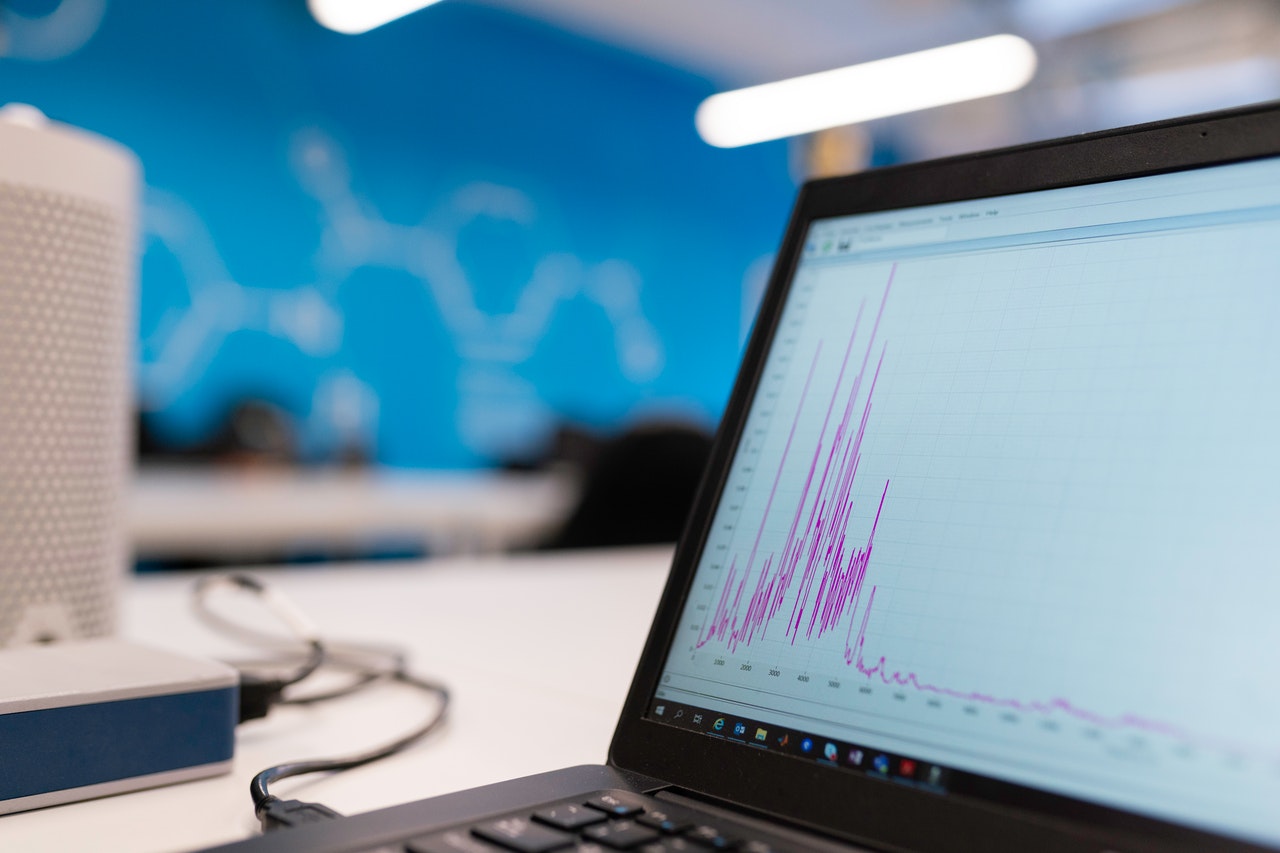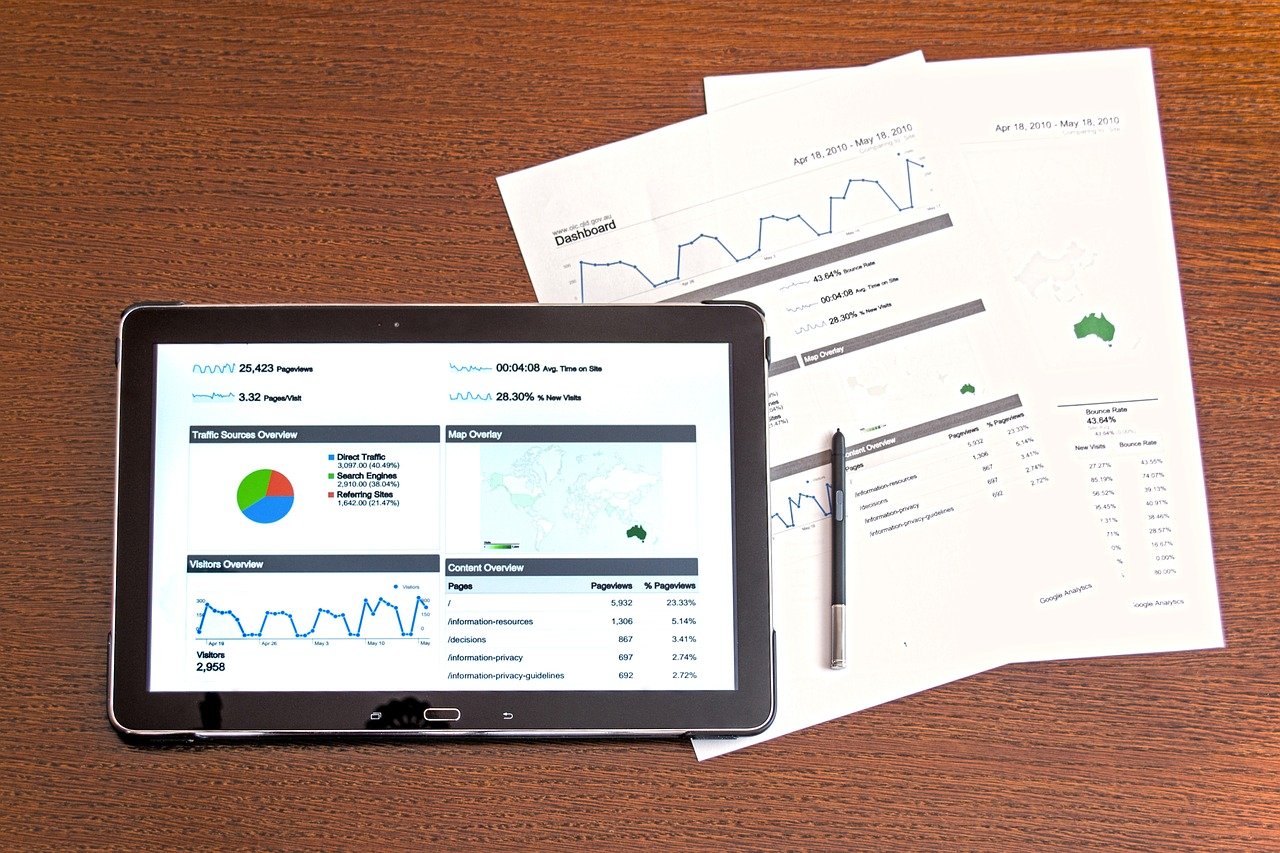Business analytics and data analytics are two terms in data science that are often used interchangeably, but they are very different.
Analytics are a considerable portion of today’s companies, but not all analytics are the same. The two most popular kinds of analytics in the modern corporate world are business analytics and data analytics.
While the two often get mashed up together, and one term represents the other, the two data science fields are entirely different.
Due to this, we’ve decided to explore data analytics and business analytics, clearly represent the difference and substantiate each one as their respective part of the companies of today and tomorrow.
What is Data Analytics?
Data analytics is a process used by companies and regular people to inspect, analyze, and assess the data. This process consists of data collection, inspection, refinement, transformation, and finally, modelling to draw useful conclusions from the data itself that might not have been apparent at first glance.

In layman’s terms, data analysis is a process in which you analyze data to get a better idea of something such as a trend, information or leverage something such as decision making. Data analytics is one of the most critical parts of the business, as most companies operate on a data-driven business model.
For companies to thrive, they need to truly engage their customers with interactive, personalized analytics. They can do so by using embedded analytics dashboards. These dashboards are data-driven tools that can be fully integrated with your platform.
These days, the virtual revolution has brought us all to the internet, and there is more data floating around than ever before. People are connected across the continent and can seamlessly purchase, communicate, and interact with one another, leaving behind much data.
There are more than a couple of reasons why companies all across the world use a process such as data analytics, and the most important ones are:
- Customer research
- Decision making
- Marketing strategy creation
- Personalization
What is Business Analytics?
Business Analytics is a business intelligence tool and one of the most important assets a company can possess. Business analytics collects past evidence, intelligence, and data from the company and analyzes it to find the past trends, performance, and practices.

Through business analytics, companies can gain a perspective on their past through statistical analysis, which allows them to make better-informed decisions for the future.
Business analytics are crucial, as they provide the necessary insight a company needs to make better, more optimized and streamlined plans for future business dealings.
In layman’s terms, business analytics is a process in which the company looks at its past to find out what it can do to make the future more profitable.
Think of a merger between two different businesses. For the merger to be successful, lucrative, and productive, business analysts need to research both businesses’ past data. This allows BAs to explore all companies’ past performance metrics and ultimately provide solutions to make the merger as streamlined as possible.
What is the difference between the two?
Just because business analytics is a very data-driven process doesn’t make it the same as data analytics. Data analytics analyzes all kinds of data, while business analytics seeks out data from its past performance.
Another notable difference between the two is what they are used for. Business analytics is used to improve the business on a company level by providing insight into what the specific company was up to at any given time. In contrast, data analytics is used for things such as marketing, research, and development.
Business analytics deals with making data-driven decisions for the company’s future based on its past, while data analytics are used to streamline, optimize, and improve current business dealings.
Are there any similarities between the two?
While the two are drastically different things, it is easy to understand why people get them mixed up. After all, both of these technologies deal with data – which means that they are a significant part of the data science world. The most notable difference is what the data is used for and how it’s used in general.
The world of data science is rapidly advancing in recent years, and this upwards trajectory in popularity doesn’t seem to be slowing down. As more companies are moving to the digital landscape, it is safe to assume that the already monolithic role that data plays will only grow.
As the world of data grows, as companies start using more data for their data-driven decision-making – the demand for professions such as data analytics and business analytics is bound to grow.
Both of these are very, very promising careers. Both have existed for quite a while, but with the current state of the global consumer market and the economy, the two are experiencing a sky-high growth rate.
This leads to a significantly increased interest in business analytics and data analytics education, with a prime example being MSC in data analytics in India. Colleges, courses, and education opportunities are popping up, and even on the internet in the form of eLearning and course platforms.
Which of the two offers a better job or career prospect?

Both of these professions are sound, future-proof, and lucrative. There is no clear victor in this case, as the best job is ultimately the one you want to do the most.
If you are concerned with which one is more popular at the moment, that would have to be data analytics.
Since data science as a whole is on the rise, and companies are investing more and more into their data department – it is safe to assume that data analytics as a whole is the more popular option for now.
Just because data analytics is the more popular profession at this moment doesn’t mean business analytics isn’t a promising, lucrative, and in-demand career. Data analytics is a relatively new thing than business analytics, so it is only natural that there is a boom in popularity.
Both of these professions offer a relatively lucrative paycheck, with the average income of a data analyst being from $54,000 to $70,000 and the average income of a business analyst being about $94,881.
Both of these professions will require a bachelor’s degree, but this doesn’t mean you can’t start without one. There are more certificates available today than there ever were, meaning you can get your start in both of these fields through eLearning.
In short, both of these are promising fields that are currently quite popular, with data analytics being the more in-demand profession and business analytics being the more lucrative option.
The bottom line
Both data analytics and business analytics are a part of data science, and data science as a whole is finding its way into more and more workplaces around the world. Any modern business is always looking to make data-driven decisions.
By soliciting the services of a data and business analyst, they gain the ability to do so, thus creating new employment positions.
There are several distinct points between data analytics and business analytics, highlighting how different these two career paths are. Be that as it may, what ties the two of these together is that they are both excellent career choices, and there are ample education opportunities in both fields.
We hope that this article managed to help you understand the difference between data analytics and business analytics. Be sure to continue exploring the vastness of the internet for more information.

The Ideas Plus Business Editorial team is responsible for this post. For collaborations and partnership requests, kindly send an email to the Editorial Team at ideasplusbusiness[at]gmail[dot]com for the terms and conditions. You can also follow IdeasPlusBusiness.com on Twitter here and like our page on Facebook here.
